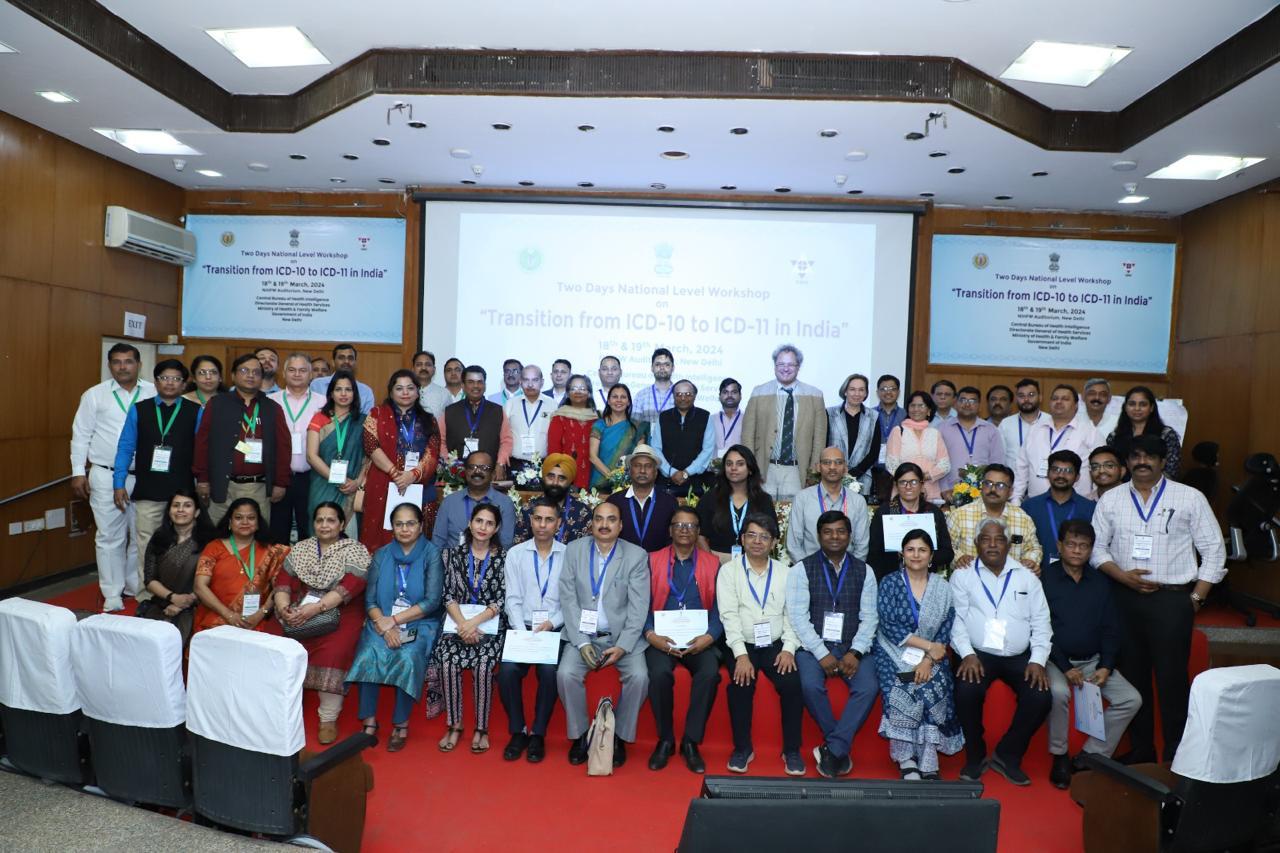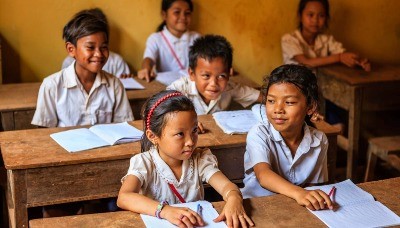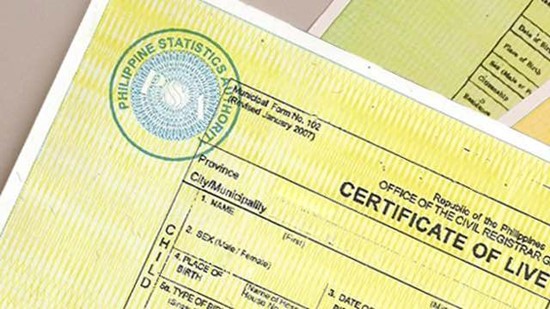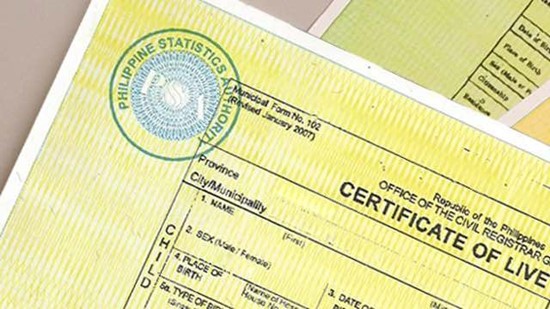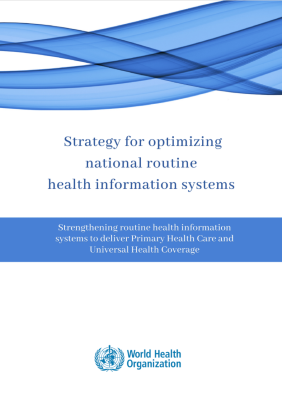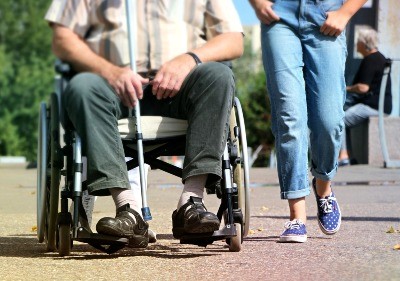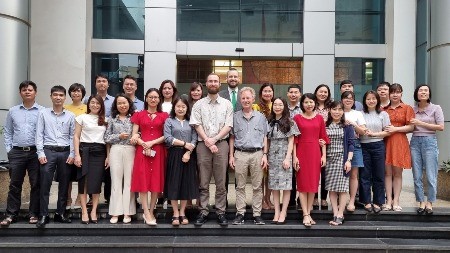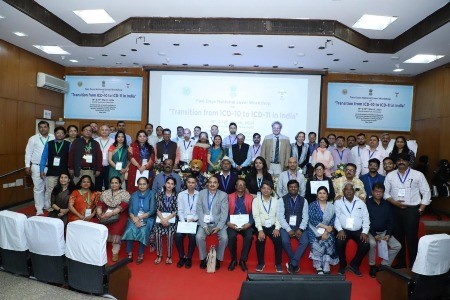The Central Bureau of Health Intelligence (CBHI) in the Directorate Health of Health Services, Ministry of Health and Family welfare, Government of India, hosted a 2-day workshop to hail the start of India’s transition from International Classification of Diseases 10th Revision (ICD-10) to International Classification of Diseases 11th Revision (ICD-11).
The main objective of the workshop was to sensitize diverse national stakeholders on the importance of implementing ICD-11 to support the generation of accurate and complete information about population health including causes of death, health conditions, reimbursements, resource use, patient safety, vaccinations amongst others. The 2-day agenda included presentations of governmental officials, institutions and WHO on the history and prospects of ICD-11 implementation in India.
The workshop hosted five group work activities that focused on:
(i) defining the key stakeholders roles and responsibilities to gain clarity on the governance structure at the national, state, district and block levels;
(ii) the imperative pre-transition preparedness such as taking lessons from the experience of the National Health Authority (NHA) and how it managed to incorporate ICD-11 in a period of 1-2 years in its key public services, and, making the implementation of ICD-11 mandatory by National Medical Council (NMC) among insurance agencies and health care facilities across the country;
(iii) how to devise a nationwide capacity building plan for health providers on ICD-11 coding guidelines, conventions and updates by way of continuous education; (iv) mandating morbidity and mortality coding, by business process management, that regulate completing the coding form and conducting coding audits on periodic basis; and
(v) developing a monitoring and evaluation framework to track progress on the ICD-11 implementation with performance metrics and quality assessment indicators.
The workshop was attended in-person by 180 experts from a diverse set of stakeholders and line ministries (officials from the Registrar General of India, Employees' State Insurance Corporation, Defense, Railways, Major Government and Private Medical Institutes, Master Trainers across the country, Regional Directors, and Heads of Field Survey Units) and online by around 300 participants.
For further info feel free to contact Dr. Madhu Raikwar (dircbhi@nic.in), Director Central Bureau of Health Intelligence.


